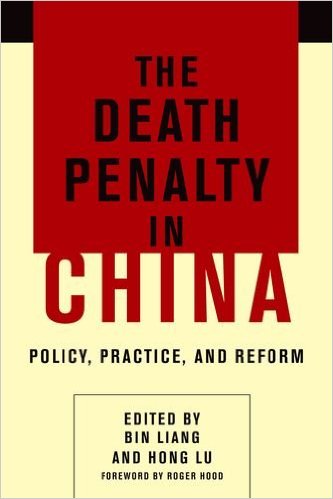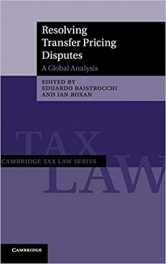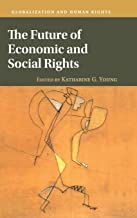Editors: Bin Liang, and Hong Lu.
Foreword: Roger Hood
Publisher: Columbia University Press – 362 pages
Book Review by: Sonu Chandiram
On October 20, 2014, it was announced by the Dua Hua Foundation in a news release that China had executed about 2,400 people in 2013, nearly four times the 778 people that were executed in the rest of the world in that year (Amnesty International March 2014 estimate).
But those who have been receiving death penalty sentences have become fewer over recent years, the editors write in their Preface. Meanwhile Chinese lawmakers also reduced by 13 the number of capital offenses in 2011, but a high number still remain: 55. Under consideration for elimination in 2016 are nine other offenses. If passed that would bring the number of capital punishment offenses further down to 46.
One of the most significant events discussed in this book is an international movement to abolish the death penalty. That perhaps began or at least moved forward officially with the signing in 1998 of an International Covenant on Civil and Political Right (ICCPR) by a number of countries including China. This agreement stated categorically that the death penalty is “a violation of the right not to be deprived of life, or be subject to cruel, inhuman, and degrading treatment or punishment.”
The primary purpose of this book – which is a collection of writings by leading scholars in this field from five countries – is “to comprehensively and systematically examine the current conditions and progress of the existing Chinese death penalty system and to analyze critical challenges faced by that system.”
In brief, we mention the issues this book covers by listing its chapter titles below:
- China’s Death Penalty Practice: Working Progress, Struggle, and Challenges Within the Global Abolition Movement
- The Criminal Justice System and the Death Penalty
- Crimes of Counterrevolution and Politicized Use of the Death Penalty During the Mao Era
- China’s Death Penalty in a State-Power-Based Society
- From “Killing Many” to “Killing Few”
- The Abolitionist and Retentionist Debate
- Guiding Cases for China’s Death Penalty: Analysis and Reflection
- The Death Penalty After the Restoration of Centralized Review: An Empirical Study of Capital Sentencing
- Public Opinion and the Death Penalty
- Between Deference and Defiance: Courts and Penal Population in Chinese Capital Cases
- Chinese Capital Punishment in Comparative Perspective
- China’s Death Penalty in the Twenty-First Century
A few other items of progress for those in the movement to abolish the death penalty in China are these developments:
- About 39 percent of death penalty cases were sent in 2013 by the Supreme People’s Court to provincial high courts for additional evidence requirements
- To increase judicial transparency, 152 death penalty review decisions from July 2003 to September 2014, were posted online
- The October 2014 plenary session of the Chinese Communist Party Central Committee showed a rekindled interest in building a more effective system of the rule of law
This is an interesting and very enlightening volume on the state of legal system in general and the death penalty system in particular in China, a subject that is rarely discussed in the news media or in books on China. It provides very valuable historical comparisons. It is well worth reading.
Editors:
Bin Liang is an associate professor of sociology at Oklahoma State University – Tulsa. He is also the author of The Changing Chinese Legal System, 1978-Present: Centralization of Power and Rationalization of the Legal Process.
Hong Lu is professor in the Criminal Justice Department at the University of Nevada, Las Vegas. He is coauthor of Punishment: A Historical Perspective, and China’s Death Penalty: History, Law and Contemporary Practices.
Foreword:
Roger Hood is professor emeritus of criminology at the University of Oxford and emeritus fellow at All Souls College.
Contributors:
Xingliang Chen, Hualing Fu, Charlotte Hu, Shanhe Jiang, David T. Johnson, Yudu Li, Bin Liang, Hong Lu, Michelle Miao, Susan Trevaskes, Yunhai Wang, Moulin Xiong, Zhigang Yu, Ning Zhang,







